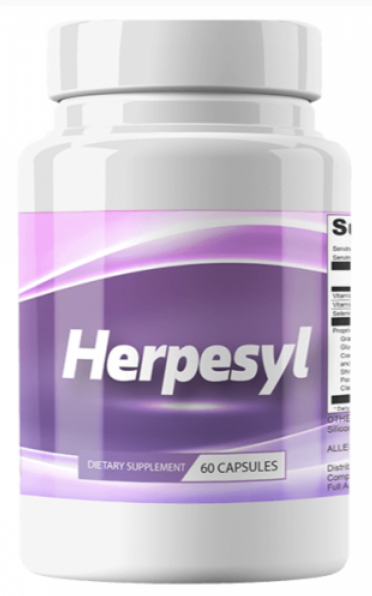Despite STI awareness, people are still misinformed about condoms and herpes transmission. Do condoms prevent herpes transmission? They don’t guarantee it, but slightly reduce the risk — studies say by about 30%.
Do Condoms Prevent Herpes?
Condoms reduce the risk of transmitting herpes by about 30%. The rate is lower than for other STIs because herpes (as well as HPV) is spread by skin-to-skin contact.
While it’s commonly known that condoms reduce the risk of transmission of STIs like HIV by a large margin, it’s only true because those STIs are passed through bodily fluids.
Why Don’t Condoms Prevent Herpes?
Condoms are not completely effective for herpes because genital herpes is a viral infection transmitted by skin-to-skin contact. Condoms aren’t guaranteed to cover all of the skin surface that may be shedding the herpes virus. Herpes can affect other areas such as the penile shaft, vulva, thighs, buttocks, and other skin around the anogenital region.
Quick transmission facts:
- The likelihood of passing genital herpes to a partner is highest during an outbreak (times when a sore is present). (Read the early warning signs of an outbreak.)
- Skin sheds the virus without an outbreak a significant amount of the time. There will be no visible signs, but a partner can still be exposed to and contract the virus. This is called asymptomatic viral shedding. One study showed that this can be as frequent as approximately 20% of the time (1). For actual transmission rates during asymptomatic shedding, some sources suggest a 4-10% chance depending on gender of the infected party.
Condoms Reduce Herpes Risk by 30%
Although condoms aren’t guaranteed to prevent herpes transmission, they reduce the risk by about 30%, according to a 2009 study by E. Martin in the Archives of Internal Medicine (2).
“Although the magnitude of the protective effect was not as large as has been observed with other STIs, a 30 percent reduction in HSV-2 incidence can have a substantial benefit for individuals as well as a public health impact at the population level,” writes researcher Emily T. Martin, MPH, PhD, of Children’s Hospital Research Institute and the University of Washington, Seattle in the Archives of Internal Medicine.”
The study specifically examined the transmission rates of HSV-2 in more than 5,000 people. It showed that subjects who used condoms 100% of the time had a 30% lower risk of infection. The 30% reduction in transmission rates was reasonably just as true for both male and female partners.
Valtrex and Condoms Reduce Risk More
A study done by the creators of Valtrex, an antiviral medication for the management of herpes outbreaks and transmission rates, also showed that condom use reduces exposure to the herpes simplex virus (3). According to their study, these are the rates of transmission per year of regular sex:
- If partners avoid sex during outbreaks: 4% chance transmission from female to male; 8% male to female
- If partners also use condoms or antiviral medication: 2% female to male; 4% per year male to female
- If partners also use condoms and antiviral medications: 1% female to male; 2% male to female
CDC Advice for Safe Sex
The CDC website says, “The only way to avoid STDs is to not have vaginal, anal, or oral sex.” They recommend sexually active people do so within a mutually monogamous long-term relationship with a tested partner whose results are clean, and using latex condoms correctly every time.
For those with herpes who don’t want to pass it to their uninfected partners, we would add the following: Ask your doctor about the following tips:
- Avoid sex during outbreaks;
- Use daily suppressive therapy, i.e. take Valtrex daily; and
- Use condoms.
- If trying to get pregnant, you may manage the risk without condoms with the use of prescription antivirals and avoiding outbreaks.
So can you get herpes with a condom? Do condoms prevent herpes? As you can see, they can reduce the risk, but not significantly enough to be relied upon entirely. Know your STD status and that of your partners, and be aware of your body and outbreaks if you do have HSV. Practice the safest sex possible.
(Read: Sex with Herpes.)
- Order STD testing online here.
- How Many People Have Herpes?
- Dating with Herpes Tips
- How to Tell Someone You Have Herpes
- Herpes Easier to Get for Women
- I Have Herpes. Now what?
- Can I get pregnant and have children if I have herpes?
Sources
- Extended duration of herpes simplex virus DNA in genital lesions by the polymerase chain reaction. (Link)
- Archives of Internal Medicine, July 13, 2009. (Link)
- Valacyclovir HSV Transmission Study Group. (Link)








